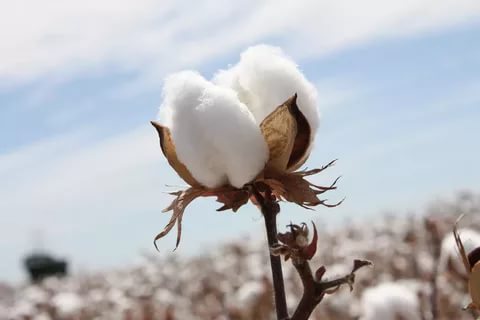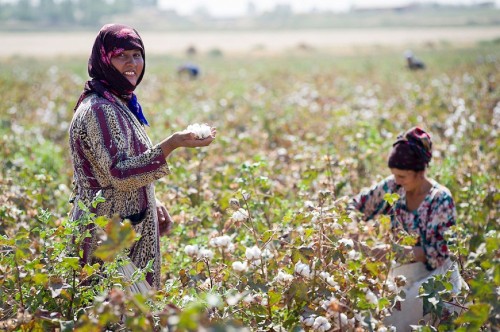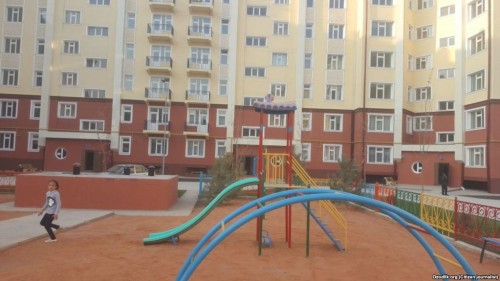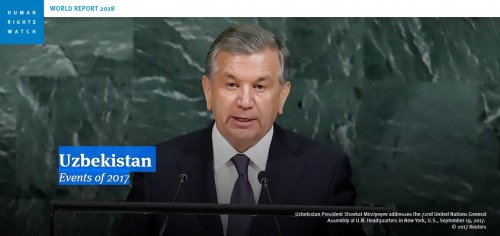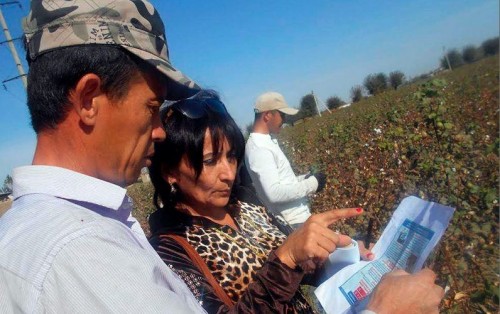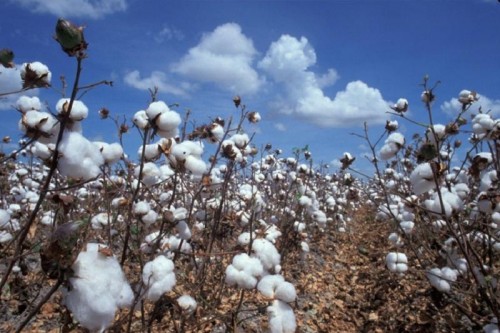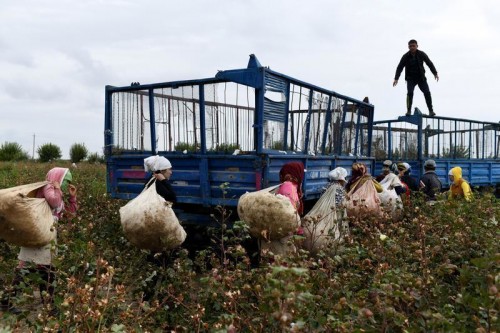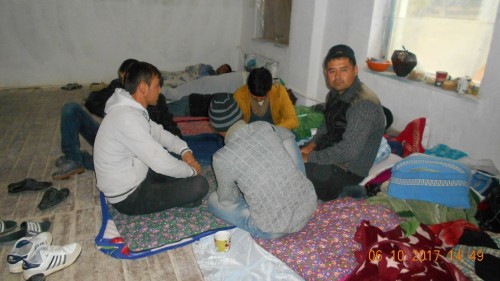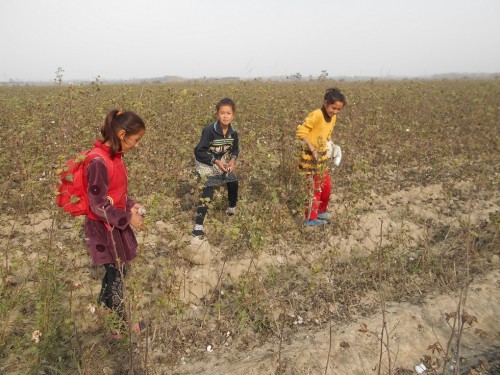Countries
Solidarity campaigns
13 August 2024
Georgia: Support striking workers at Evolution Gaming
5 June 2023
Georgia: Justice for Wolt couriers
10 May 2023
Belarus: Trade union activity is not extremism!
2 November 2019
Kazakhstan: Trade unionist Erlan Baltabay imprisoned - again!
19 November 2018
Kazakhstan: Stop repression and physical attacks on leaders of independent unions; hands off Larisa Kharkova, Erlan Baltabai and Dmitriy Senyavskiy
18 April 2018
MALOKHAT STILL NEEDS YOUR HELP
News
12 April, 2018 / uzbekistan
State lifts restrictions on Uzbek human rights defender Forced labor monitor Uktam Pardaev has terms of his probation lifted in Uzbekistan
The Cotton Campaign welcomes the decision of a court in Uzbekistan to lift the terms of probation for human rights defender Uktam Pardaev 10 months early. Pardaev was arrested on November 16, 2015, following his reporting on forced labor during the 2015 cotton harvest. The Uzbek authorities released Pardaev on January 30, 2016, after convicting him to a 5 years 6 months prison term on fabricated charges, and subsequently changing the sentence to 3 years’ probation. Under probation, Pardaev had to register with the police twice a month, and had to obtain police permission to leave his hometown of Jizzak or leave his home after 10 pm.
22 March, 2018 / uzbekistan
Investigation by «Xabar.uz»: Who is to blame for the death of a 23-year-old teacher?
The death of a 23-year-old female teacherShe didn’t simply die. She was run over by a Kamaz lorry. A handicraft teacher at school No 42 in Kattakurgan District, 23-year-old Diana Enekeeva (or Inikova, according to first reports) was a victim of forced labor, although some may say it was voluntary.
14 February, 2018 / uzbekistan
How to increase the efficiency of the agricultural land use
Starting 2022, the farm land lease agreements will be terminated with those farms which did not develop multifunctional operations. Farmers who used their land inefficiently may lose it. Yuliy Yusupov, an independent expert in economics, comments on the latest decree on agriculture.
23 January, 2018 / uzbekistan
Female nurses in Tashkent are forced to clean in low-income houses for free
In Tashkent, female employees of health clinics, schools, and kindergartens are forced to clean in low-income houses in the Sergeli district for free. Nurses complain that otherwise they are threatened with dismissal and withholding from their wages.
18 January, 2018 / uzbekistan
Uzbekistan Events of 2017
In the year-and-a-half since Uzbekistan’s President Shavkat Mirziyoyev assumed power following the death of his predecessor, Islam Karimov, he has taken some steps to improve the country’s abysmal human rights record, such as releasing some political prisoners, relaxing certain restrictions on free expression, removing citizens from the security services’ notorious “black list,” and increasing accountability of government institutions to the citizenry.
02 December, 2017 / uzbekistan
MALOKHAT URGENTLY NEEDS YOUR HELP
Malokhat is being targeted for her work monitoring forced and child labor in Uzbekistan’s government-run cotton harvest
22 November, 2017 / uzbekistan
Uzbek Official Unleashes Torrent of Abuse at Cotton Meeting
The head of the Parkent district administration of the Tashkent region, Nematulla Abdullaev, held a 45-minute meeting on November 1, 2017, during which he used abusive and insulting language to humiliate and intimidate the heads of organizations, enterprises, and community leaders for not sending enough people to pick cotton and meet quotas. An audiotape of this meeting was given to Radio Ozodlik (the Uzbek service of Radio Free Europe / Radio Liberty) by the head of an organization who took part in the meeting
15 November, 2017 / uzbekistan
Article in German Magazine STERN : “Exploited”
Bettina Sengling, a German journalist, has been following Uzbekistan’s most prominent human rights activists. In a recent article, published by the German magazine STERN, she reports on forced and child labor in Uzbekistan’s cotton industry and the challenges faced by human rights activists in their courageous fight to end these practices.
10 November, 2017 / uzbekistan
We have been picking cotton in Syrdarya for 50 days now. We have only been able to wash ourselves once in a pond.
A member of staff from Andijan Region’s Agriculture and Water Resources Department, who was brought to Syrdarya to pick cotton on 20 September, and who requested to remain anonymous, has complained to OzodMikrofon (Free Microphone) that he has been picking cotton for almost two months in difficult conditions and that the leadership has no plans to replace him or send him back home.
06 November, 2017 / uzbekistan

